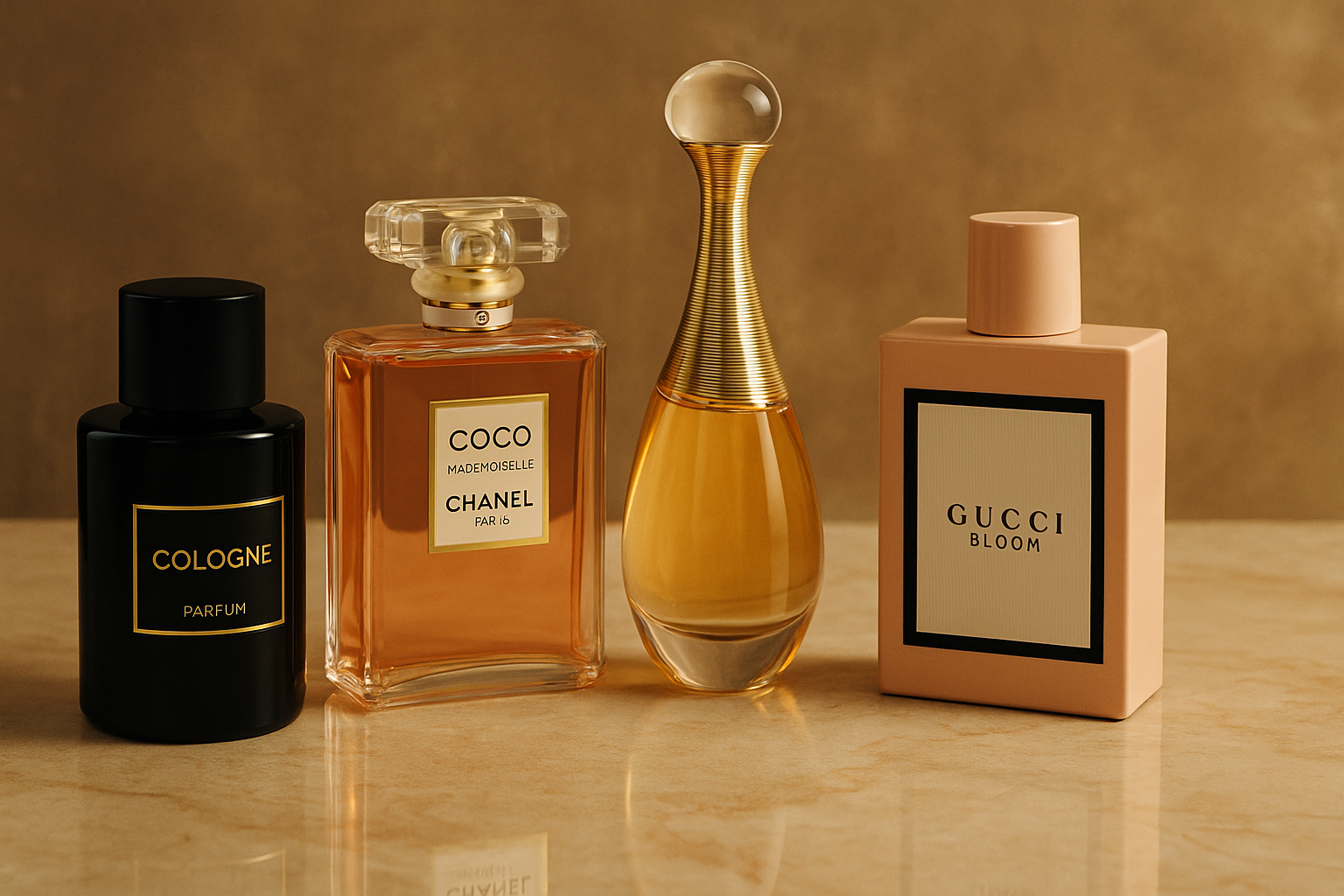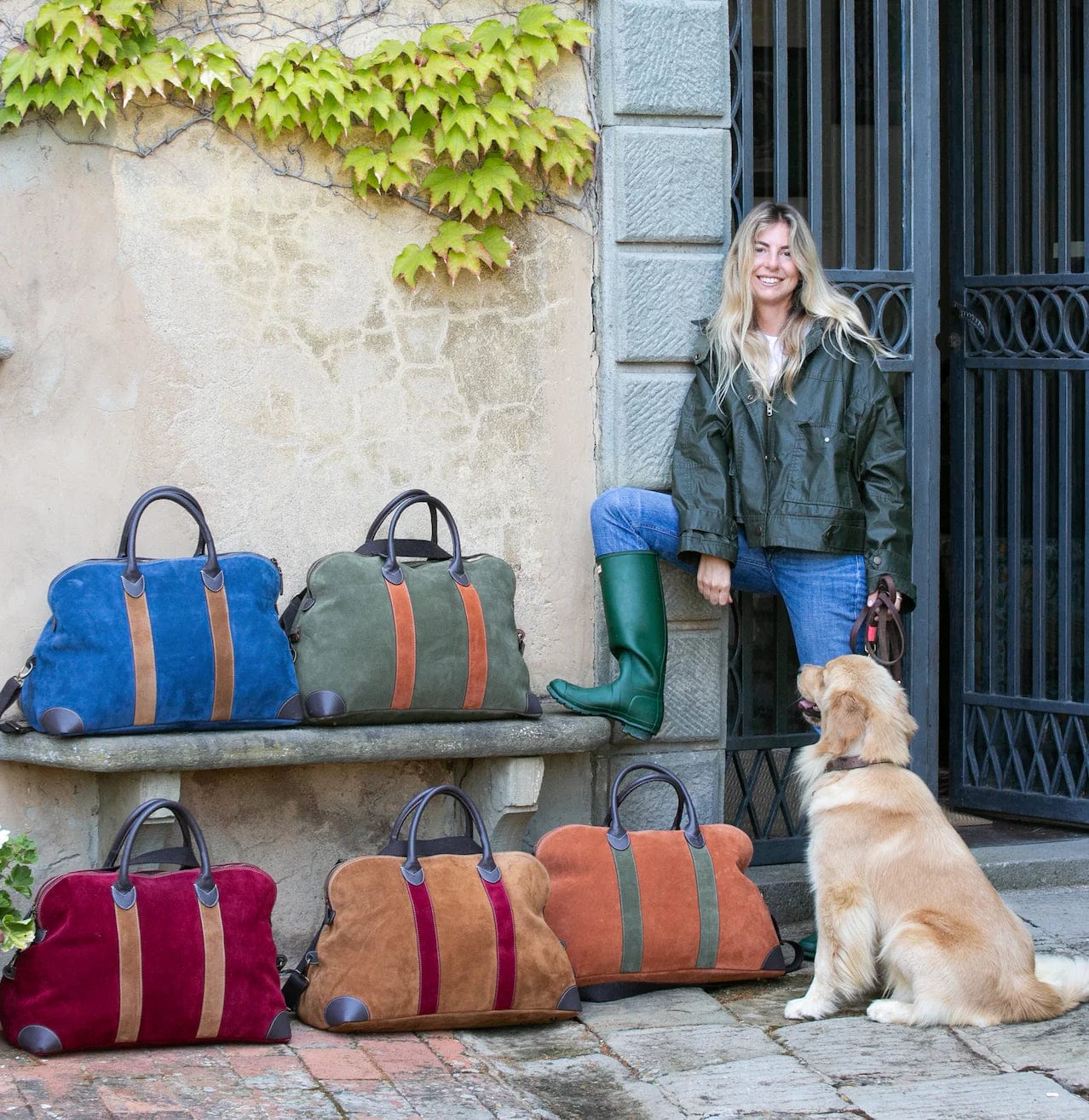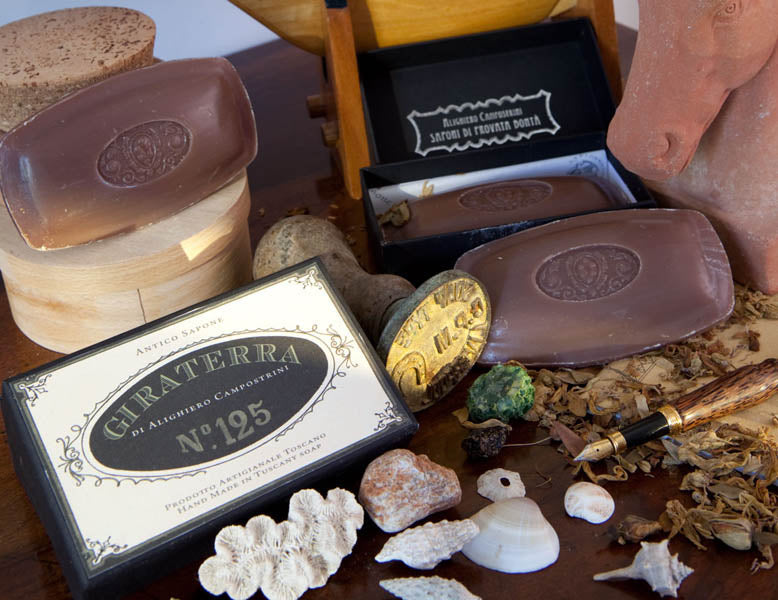Italian Soap Artisans: Craftsmanship Behind the Bar
Italy is renowned for its luxury and refinement, and this reputation extends to its soapmaking tradition. Italian soap artisans are celebrated for their dedication to quality, craftsmanship, and innovation. Here’s a detailed exploration of the artistry and meticulous processes behind Italian soaps, highlighting what makes them so exceptional.
Handmade Luxury Soaps Made in Italy
1. The Tradition of Italian Soapmaking
Historical Roots: Italian soapmaking boasts a rich heritage that spans centuries. The origins of soap in Italy can be traced back to ancient civilizations, where early forms of soap were made using animal fats and plant ashes. This early practice evolved through the Roman and mediaeval periods, with soapmaking becoming more sophisticated and refined. By the Renaissance, Italian cities such as Naples and Florence were well-known for their high-quality soap products.
Artisanal Techniques: Traditional Italian soapmaking often employs the cold-process method. In this technique, oils and fats are mixed with lye at room temperature, allowing the saponification process to occur slowly. This method is prized for its ability to retain the beneficial properties of the oils, resulting in a soap that is both moisturizing and gentle on the skin. Each step, from blending ingredients to curing the soap, is carried out with precision to ensure a high-quality final product. An excellent example is the Giraterra Black Luxury Hand Made Soap, which showcases the richness and depth achievable through traditional methods, combining bold aesthetics with nourishing, skin-loving ingredients.
2. Ingredients That Define Luxury
Natural Ingredients: Italian soaps are distinguished by their use of premium, natural ingredients. Olive oil, a staple in Italian soapmaking, is renowned for its moisturizing and nourishing properties. Other common ingredients include honey, which offers soothing benefits, and various herbs and botanicals that provide additional skin benefits and enhance the soap's scent. A prime example of this tradition is Alighiero Campostrini organic soaps, which blend time-honoured craftsmanship with organic, skin-friendly formulations, offering a luxurious and authentic Italian bathing experience.
Essential Oils and Fragrances: The fragrances in Italian soaps are often derived from essential oils extracted from flowers, fruits, and herbs. These natural scents are not only pleasant but also offer aromatherapeutic benefits. For instance, lavender oil is known for its calming properties, while citrus oils can invigorate and energise. The careful selection and blending of these essential oils result in soaps with complex, enchanting aromas that elevate the bathing experience.
3. The Art of Formulation
Handcrafting Process: Italian soap artisans take pride in their handcrafted approach. The soapmaking process involves blending high-quality fats and oils with precise amounts of lye, followed by a slow saponification process. Once the mixture reaches the desired consistency, it is poured into moulds and allowed to cure for several weeks. This curing period is crucial, as it ensures the soap hardens properly and develops its final texture and qualities. Many artisans also hand-cut their soaps, giving each bar a unique and personal touch. A fine example of this tradition is the Saponificio Artigianale Fiorentino Rosewood and Osmanthus Bars Soap, which combines artisanal methods with luxurious fragrances for a truly indulgent bathing experience.
Innovative Techniques: While tradition is paramount, Italian soap makers also embrace innovation. Techniques such as swirling colours, embedding designs, and creating layered patterns are commonly used to enhance the visual appeal of soaps. These artistic techniques not only make the soaps aesthetically pleasing but also reflect the creativity and skill of the artisans.
4. Packaging and Presentation
Elegant Packaging: Italian soap artisans understand that presentation is as important as the product itself. The packaging often reflects the luxury and quality of the soap. High-quality paper, elegant boxes, and decorative elements such as ribbons or embossed logos are used to create a sophisticated presentation. This attention to detail makes Italian soaps an ideal choice for gifts or special occasions, as they offer both practical benefits and visual appeal.
Sustainability Practices: Many Italian soap brands are committed to sustainable practices. This includes using eco-friendly packaging materials, such as recyclable or biodegradable options, and sourcing ingredients responsibly. By supporting brands that prioritise sustainability, consumers can enjoy luxury products while contributing to environmental preservation. A notable example is the Campostrini Organic Pomegranate Bar Soap, which combines organic ingredients with environmentally conscious packaging, offering a luxurious and eco-friendly addition to any skincare routine.
5. Notable Italian Soap Brands
Acqua di Parma: Acqua di Parma is a prestigious Italian brand known for its luxurious soaps and refined fragrances. Established in 1916, the brand combines traditional craftsmanship with contemporary elegance. Their soaps, often enriched with natural ingredients and presented in beautifully designed packaging, are celebrated for their classic scents and high quality.
Santa Maria Novella: Santa Maria Novella, founded in 1221 in Florence, is one of the oldest apothecaries in the world. Their soaps are crafted using ancient recipes and high-quality ingredients, reflecting the brand’s rich history. Known for their luxurious textures and distinctive fragrances, Santa Maria Novella soaps are a testament to Italian tradition and excellence.
L'Erbolario: L'Erbolario is a brand that emphasises the use of botanical ingredients and sustainable practices. Founded in 1978, L'Erbolario’s soaps are crafted with natural plant extracts and essential oils, offering gentle care for the skin. Their commitment to environmental responsibility and innovative formulations makes them a popular choice among those who value both luxury and eco-consciousness. Similarly, Saponificio Artigianale Fiorentino upholds traditional Italian soapmaking techniques while incorporating exquisite fragrances and elegant designs. Known for their beautifully embossed bars and rich lather, their soaps are as visually captivating as they are nourishing, reflecting a deep respect for craftsmanship and nature.
6. Tips for Enjoying Italian Soaps
Proper Storage: To extend the life of your Italian soap, store it in a cool, dry place. Avoid keeping it in a damp environment, as moisture can cause the soap to dissolve more quickly. Using a soap dish with drainage holes helps keep the bar dry between uses, preserving its quality and longevity.
Gentle Use: Italian soaps are often enriched with nourishing oils and delicate fragrances. To maintain their luxurious feel, use the soap gently and avoid applying excessive pressure. This helps prevent unnecessary wear and allows you to enjoy the full benefits of the soap’s ingredients. A perfect example is the Honey and Bee Pollen Luxury Hand Made Soap, which combines natural sweetness with skin-loving properties to deliver a rich, soothing lather that pampers the skin while preserving its natural moisture.
Regular Rotation: For a varied and enjoyable bathing experience, consider rotating between different bars of Italian soap. This not only keeps your routine fresh but also allows you to appreciate the unique qualities and benefits of each soap. Different soaps can offer a range of fragrances and skin benefits, enhancing your overall experience.
Italian soaps represent a harmonious blend of tradition, artistry, and luxury. The craftsmanship behind each bar reflects a deep respect for heritage and a commitment to quality. At Italian Luxury Group, we celebrate the excellence of Italian soap making and offer a curated selection of these luxurious products. Explore our collection to experience the artistry and indulgence of Italian soaps, and discover how they can elevate your daily routine.































Dejar un comentario